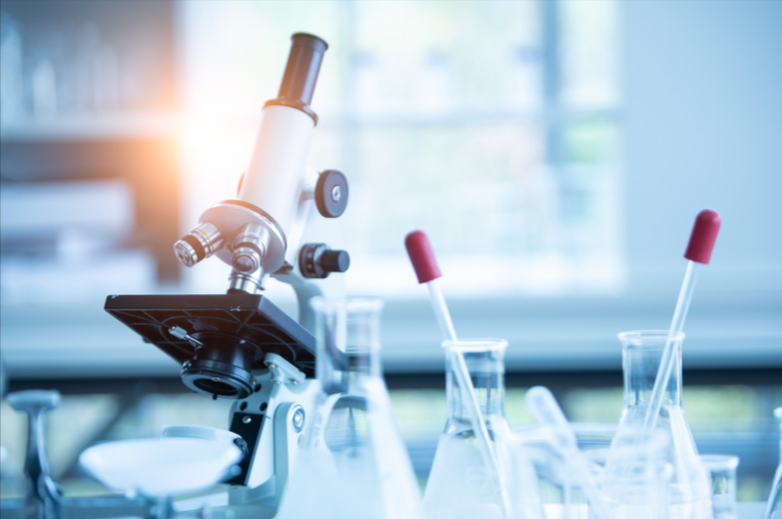
Clinical chemistry medical devices are revolutionizing how healthcare providers approach diagnostics and treatment monitoring. These cutting-edge tools offer unparalleled precision, enabling health professionals to identify conditions early, monitor progression, and manage interventions effectively. For medical research companies, they are indispensable in advancing therapeutic studies and enhancing patient outcomes.
What Are CLINICAL CHEMISTRY Medical Devices?
Clinical chemistry medical devices are sophisticated instruments that analyze biological samples like blood, urine, and other body fluids. They provide critical data that help diagnose diseases, monitor chronic conditions, and evaluate therapeutic effectiveness. Examples include blood gas analyzers, glucose monitors, electrolyte analyzers, and enzymatic testing devices.
These devices are the backbone of modern clinical laboratories, ensuring timely and accurate results for adequate healthcare.
Key Functions and Applications
Diagnostic Purposes
Clinical chemistry devices play a vital role in diagnostics, from detecting metabolic disorders to identifying indicators of organ dysfunction. For example, glucose analyzers are essential for diagnosing diabetes, while electrolyte analyzers aid in identifying imbalances critical to many physiological processes.
Chronic Disease Monitoring
Managing chronic conditions like diabetes, kidney disease, and cardiovascular disorders often rely on regular testing. Clinical chemistry tools provide healthcare professionals with the data to adjust treatments and improve patient outcomes.
Biomarker Detection
Biomarker testing is crucial in modern medicine, enabling the identification of early signs of diseases such as cancer or autoimmune conditions. Clinical chemistry devices provide the precision necessary for these sensitive analyses.
Types of Clinical Chemistry Analyzers
Benchtop Systems
Clinical laboratories commonly install benchtop analyzers. These powerful systems are adept at handling high sample volumes, making them a go-to choice for hospitals and diagnostic labs.
Desktop Machines
Designed for mid-sized medical practices, desktop analyzers balance efficiency and space constraints. They are perfect for clinics with moderate patient loads.
Handheld Analyzers
Handheld devices offer portability and ease of use for point-of-care testing or emergency settings. They allow immediate diagnostics, especially in remote or under-resourced locations.
Technological Advancements in Clinical Chemistry Medical Devices
Innovations in technology have significantly improved the capabilities of clinical chemistry devices. From artificial intelligence to portable testing equipment, these advancements enhance accuracy, reduce turnaround time, and expand accessibility.
Role of Artificial Intelligence and Machine Learning
AI and machine learning are transforming analytical methods, helping to interpret results and predict potential health issues. By harnessing vast amounts of data, these systems can offer insights that human operators might miss, increasing diagnostic reliability.
Automation and Efficiency Improvements
Automation reduces manual labor, minimizes errors, and speeds up workflows in busy clinical environments. Automated analyzers can process hundreds of samples in record time, enabling labs to meet increasing demands without compromising quality.
Portable and Point-of-Care Testing Devices
Portable devices bring laboratory-grade diagnostics to the patient’s side, facilitating quicker decisions in emergency or rural settings. These compact tools improve access to vital testing, making healthcare more inclusive.
Challenges in Using and Adopting Clinical Chemistry Medical Devices
Despite their immense utility, adopting these devices comes with challenges that medical research companies and healthcare providers must navigate.
Regulatory Requirements and Compliance
The strict regulatory landscape ensures the safety and efficacy of these devices. Clinical chemistry tools must meet rigorous standards set by bodies like the FDA, which can delay their adoption and implementation.
Cost Implications and Accessibility
High upfront costs can deter small healthcare providers or research organizations. Making these technologies more affordable is crucial for widespread implementation.
Future Trends in Clinical Chemistry Medical Devices
The future of clinical chemistry devices is promising, with advancements geared towards personalized medicine, sustainability, and digital integration.
The Growth of Personalized Medicine
Personalized medicine depends on understanding individual biomarkers. Clinical chemistry devices are instrumental in tailoring treatments to patients’ genetic, metabolic, or proteomic profiles.
Sustainability and Eco-Friendly Designs
Efforts to minimize medical waste and optimize resource usage are gaining traction. Manufacturers are designing devices focusing on recyclability and energy efficiency, aligning with global sustainability goals.
Integration with Digital Health Platforms
Integration with digital ecosystems allows for seamless data sharing and analysis. These connections benefit clinicians and patients, who gain better insights into their health.
Partner with ClinDatrix to Advance Clinical Chemistry and Patient Care
Clinical chemistry medical devices are essential for modern healthcare, driving advancements in diagnostics, chronic disease management, and medical research. As technology evolves, these tools will become even more accessible and sophisticated, enhancing patient care.
